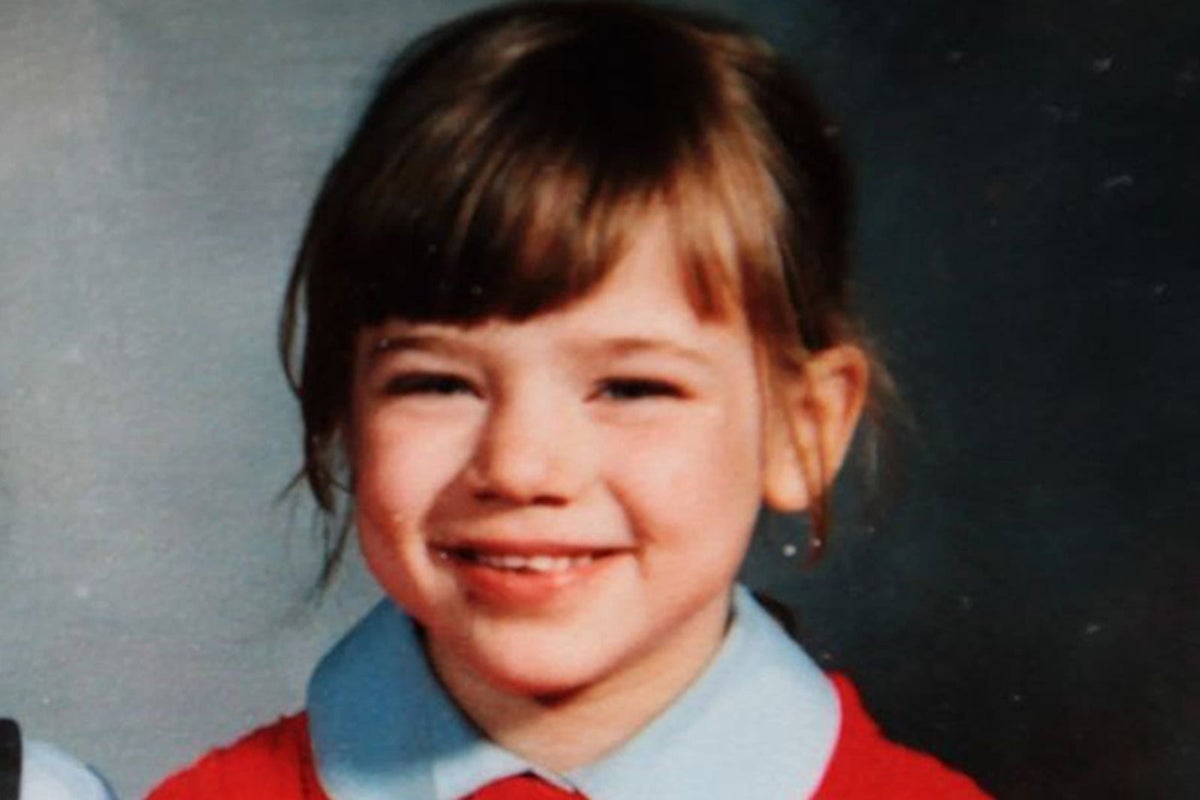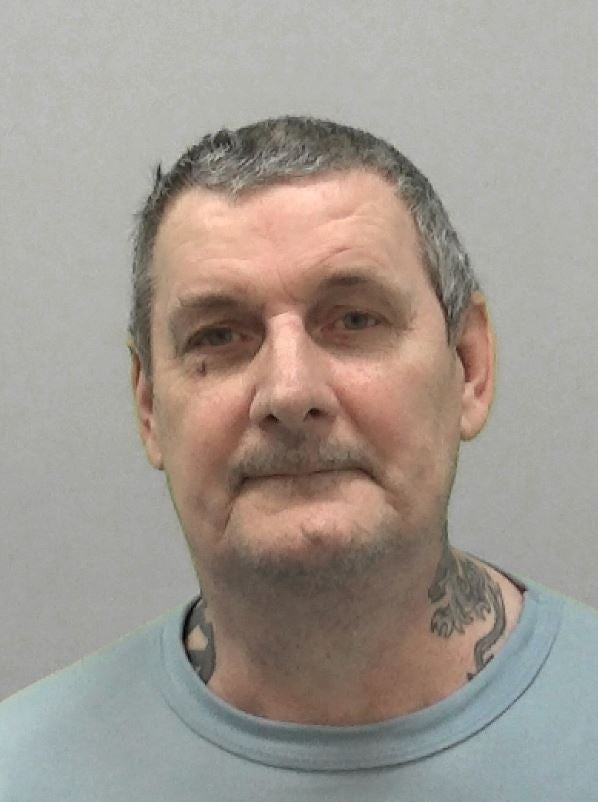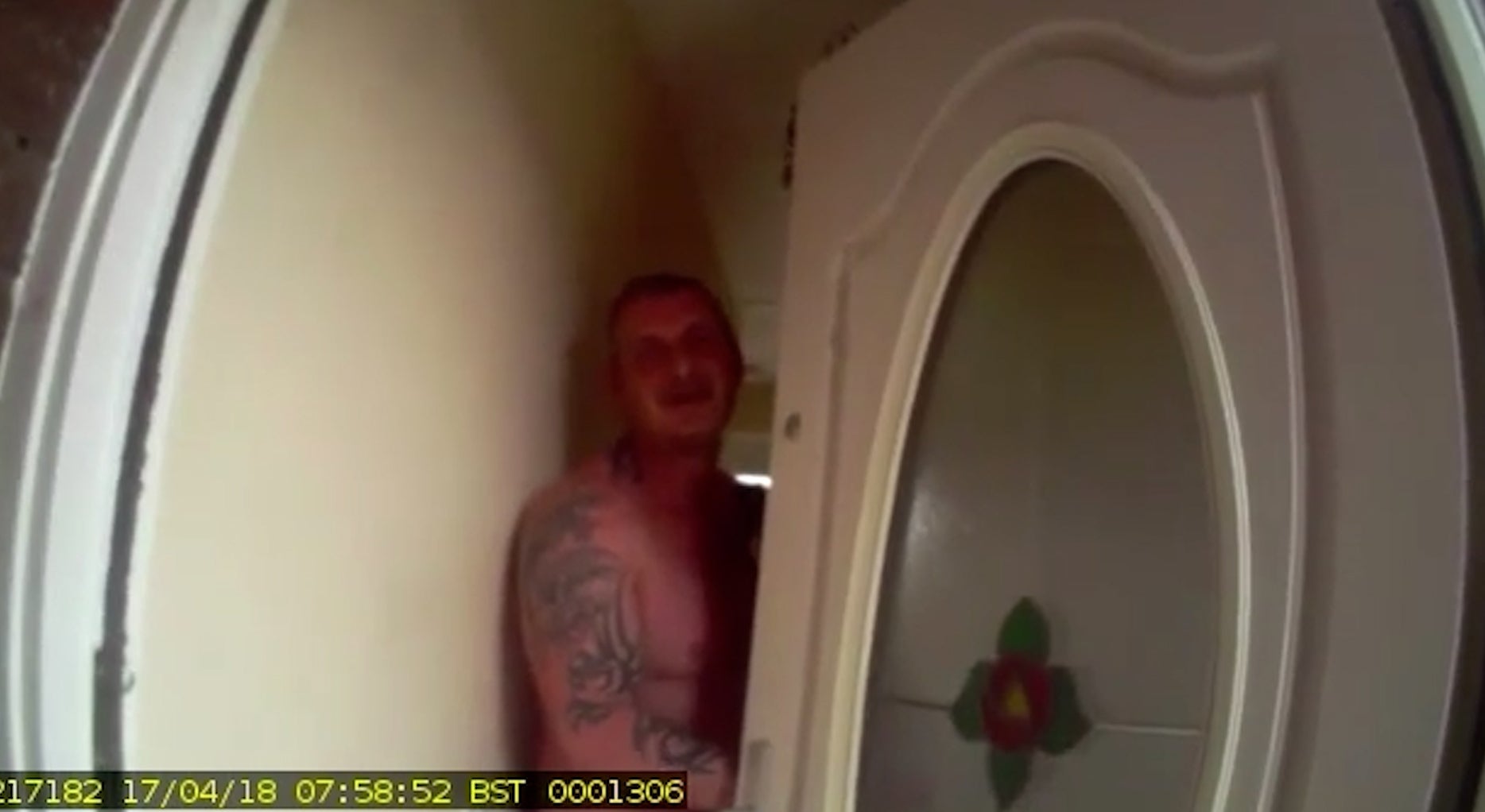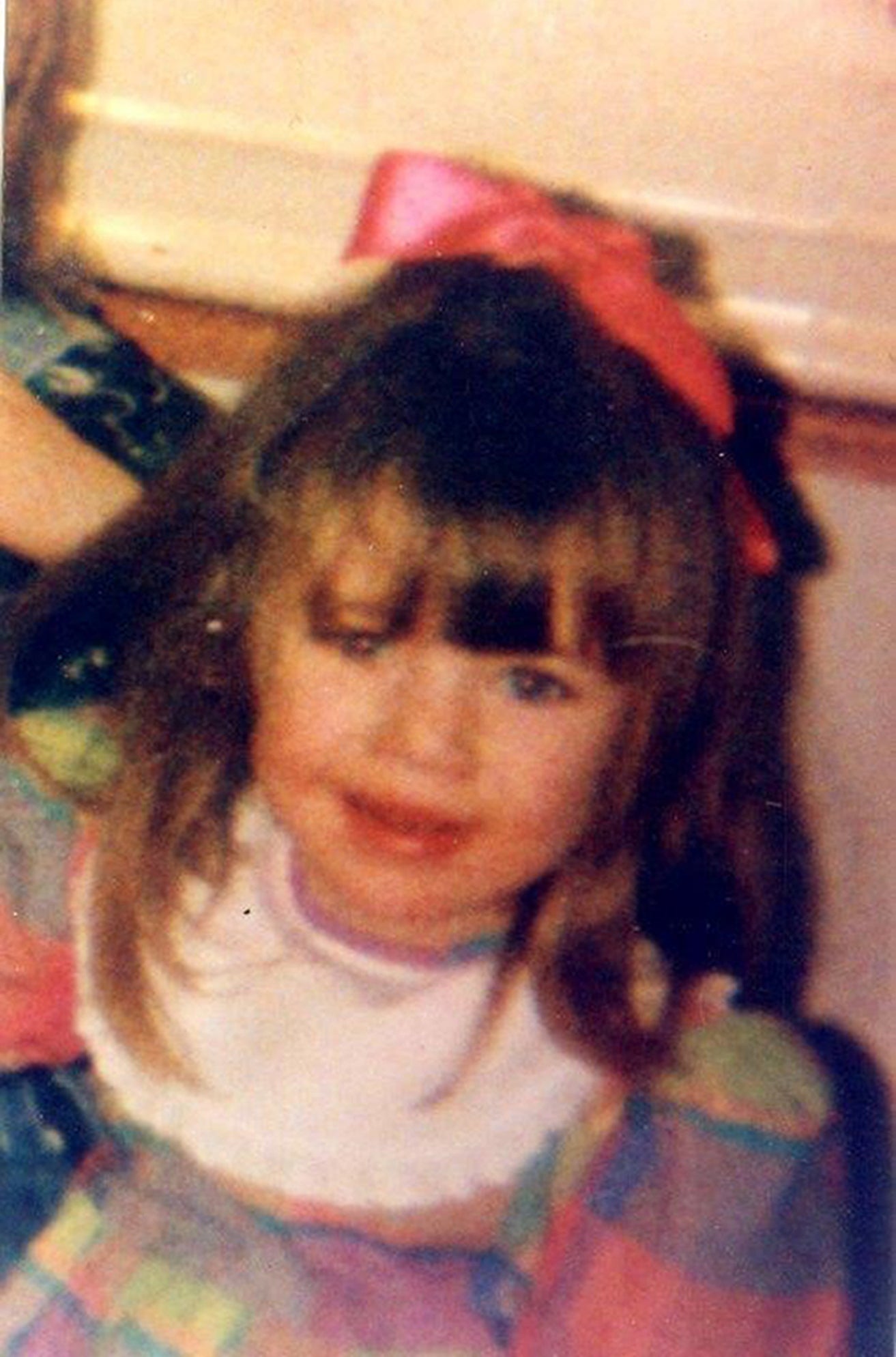
Tormented by not knowing who brutally murdered her seven-year-old daughter and unable to grieve properly, Sharon Henderson embarked on a 31-year fight for the truth.
Devoting her life to battling for justice for her little girl, Nikki Allan, she never gave up hope that one day the man who battered and stabbed her child before callously dumping her body would be caught and jailed.
The single mother lived in the Garth flats over Sunderland’s docks, bringing up her three other daughters, helped by her parents nearby while she campaigned assiduously for detectives to reinvestigate the crime.

Over three decades, she would repeatedly pass on information she picked up in the community in Sunderland and speak out in the media to keep up the pressure on the police.
But despite extensive appeals by her and Northumbria Police and even a reconstruction on the BBC Crimewatch show, Nikki’s murder went unsolved.
David Boyd, a neighbour who attacked the girl with a brick and stabbed her 37 times before dumping her bloodied body in a derelict building, was finally found guilty of murder on 12 May after a trial at Newcastle Crown Court. He is due to be sentenced on 23 May.
Asked after the verdict how she found the strength to keep fighting, Ms Henderson said simply: “Because Nikki’s my daughter and I love her.”
The case began on the evening of 7 October 1992, when Nikki had been out with friends. A witness saw her wandering with a man later identified as Boyd. Grainy CCTV showed she would occasionally drop behind him, then skip to catch up – unwittingly skipping to her death, the jury heard.

Boyd, who lived in the same flats as the family and was their babysitter’s boyfriend, lured her to wasteland behind the derelict Old Exchange building 300 yards from the family’s home in Sunderland’s east end.
He beat Nikki about the head with a brick, shattering her skull. He stabbed her repeatedly in the chest making sure to kill her, the court heard, before dragging Nikki into the basement and dumping her lifeless body in a corner.
Heavy blood stains in the room above the basement suggested Nikki had been attacked there, and stains on the stairs indicated she had then been dragged by the legs.


Locals said they heard piercing screams that night.
The next morning, two of the many residents looking for the missing schoolgirl made the grim discovery.
Nikki’s mother’s hopes of getting justice for her daughter would be repeatedly raised and dashed over the years.
At first, Northumbria Police prosecuted the wrong man, George Heron, who was described by neighbours as a loner.
The trial judge, Mr Justice Mitchell, stopped the case, saying Heron was hectored by police – who had misrepresented evidence – into making a confession. He branded police questioning “oppressive”.


A trial jury cleared him in 1993 but his life was ruined and he was forced to flee to Ireland. There he reportedly received threats from the IRA.
Police were accused of still believing he was the killer, as Ms Henderson’s campaigning efforts yielded nothing.
In 2013, she told Crimewatch: "I look at Nikki’s pictures and try to think of happy thoughts and it just leads to the night when she was murdered. I can imagine probably her last words were ‘mam’.
"I will keep fighting on because I won’t leave it to my other three daughters and don’t want them to live the torment like I am."
In 2016, she launched a petition urging police to review the case, and the following year she met the then-chief constable Steve Ashman, who authorised a fresh inquiry.


By then, advances in DNA testing had brought a breakthrough. Y-DNA testing allowed identifications to be made by matches with male bloodlines only.
Samples were taken from Nikki’s clothing, and a painstaking investigation involved the DNA testing of 839 men. They indicated that a one-in-28,000 match for Boyd – or a male relative– on the clothes.
A DNA test from the man they considered a witness 31 years earlier led to his arrest on suspicion of murder in 2018. He was charged last year.

Boyd, aged 25 at the time, who now lives in Stockton, Teesside, refused to give evidence in court.
He had been convicted for breach of the peace in 1986 after asking an underage girl for a kiss, and two flashing offences. Then seven years after Nikki’s murder, he indecently assaulted a nine-year-old girl, and told his probation officer he had fantasised about naked young girls.
The original police investigation had failed to pick up on the two earlier convictions.
Outside court after Boyd’s conviction, Ms Henderson, now 55, condemned the injustice of how “this evil man slipped through the net to murder Nikki when he was on their [police] files”.
“Three doors down from Nikki’s grandparents,” she said. “They should have investigated him straight away.”







